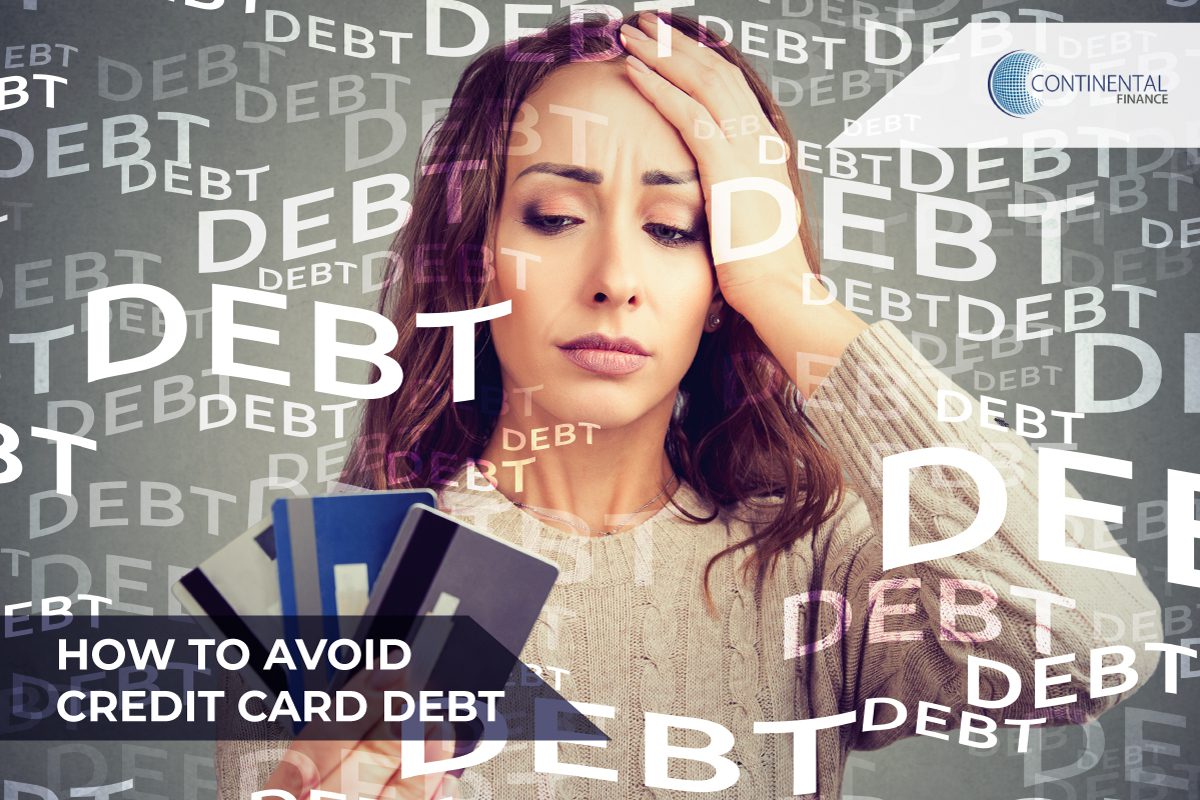2022 Easy to Use Guide on How to Prevent Credit Card Debt
The Steps to Effectively Avoid Debt
- Master Your Credit Card Terms
- Make Timely Payments
- Pay Your Balance in Full
- Create an Emergency Fund
- Charge Only What You Can Afford
- Avoid Balance Transfers You Don’t Need
- Avoid Cash Advances
- Limit Your Number of Cards
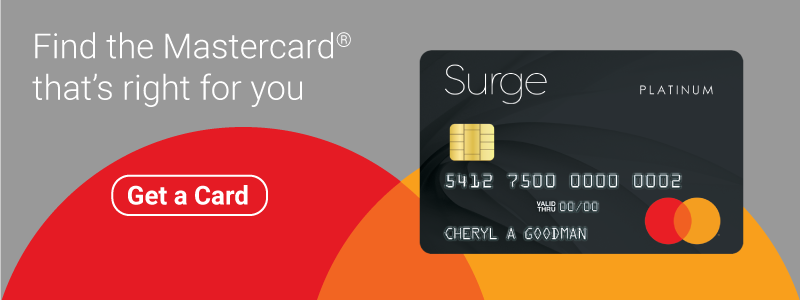
You finally have a credit card and decided to use it. Now you’re worried about the debt. You may have been frantically searching Google, asking it for that one way to eliminate credit card debt. Or maybe you’re just looking for general tips on how to avoid debts in life.
Credit cards can help increase your credit score. But when you get a credit card and start carrying a credit card balance, you’re also at risk of credit card debt.
You need to be careful and cautious, using your credit limits responsibly.
Don’t panic. Remember that you’re not alone. Everyone who has a credit card risks carrying too much credit card debt.
Once a person accumulates too much credit card debt, it can take years of sacrifices to pay that credit card bill off.
Here are some guidelines for paying off a credit card bill that will help you stay stay out of debt.
Master your Credit Card Terms
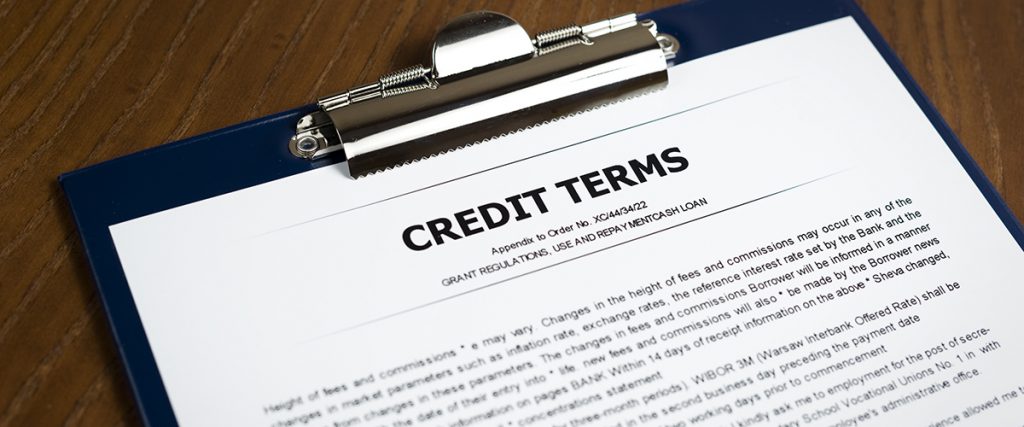
Take the time to really understand your card agreement. This is where a credit card company informs you of all of the rules it has to adhere to as well as everything you need to do to maintain good credit.
You should know how interest charges are calculated, when you’ll be charged fees, and when your interest rate will increase.
Make Timely Payments

Making regular monthly payments (even the minimum payment) to your card is important, but you need to make sure that you always pay them on time. Not doing so will trigger penalty charges resulting in paying more.
Missing your payments or paying late will have a negative impact on your credit rating.
Pay Your Balance in Full
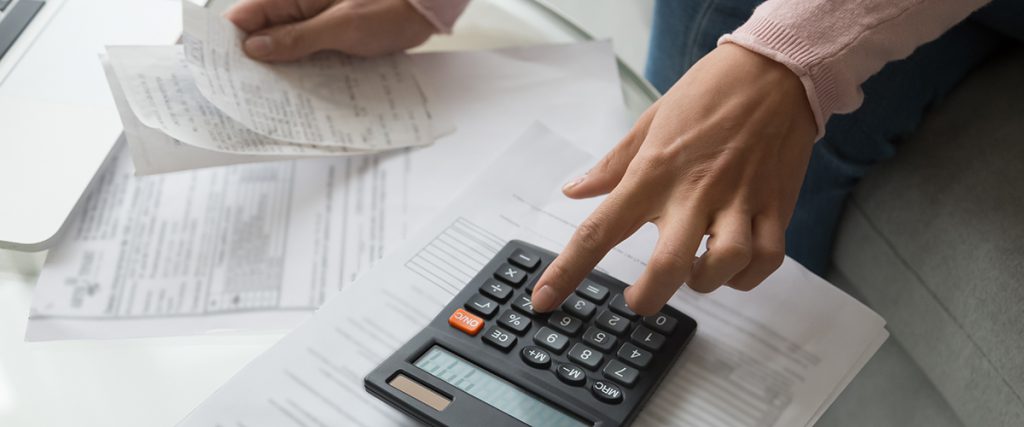
If you really want your credit card to work for you and not the other way around, pay your balance in full each month. By doing so you prevent finance charges from building up, in turn saving you money.
You also lower your credit utilization, which will help raise your credit score.
Create an Emergency Fund
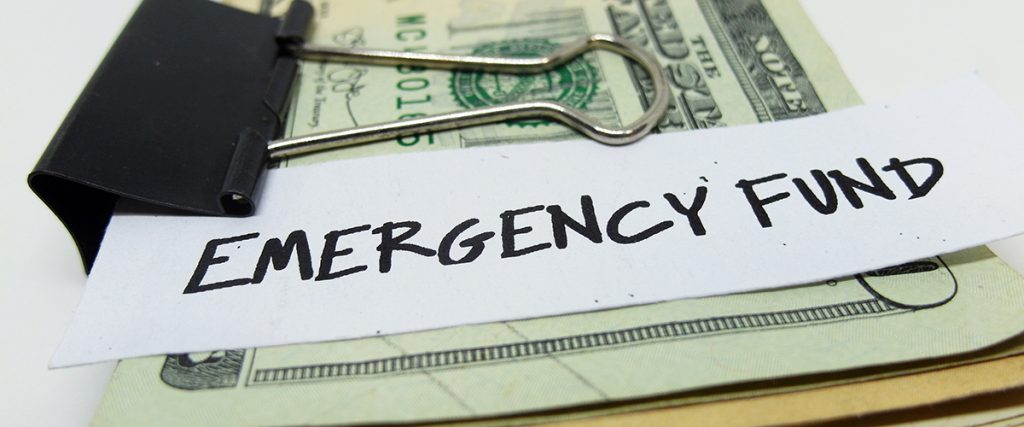
An emergency fund is the best arsenal you can have against credit card debt. Many credit card holders end up in debt because they don’t have the funds to address unforeseen emergency expenses that can cost thousands of dollars.
Having an emergency fund will help you avoid this dilemma since you won’t have to solely rely on credit. You will be able to pay off your debt even in times of crisis and stay debt free.
Charge Only What You Can Afford
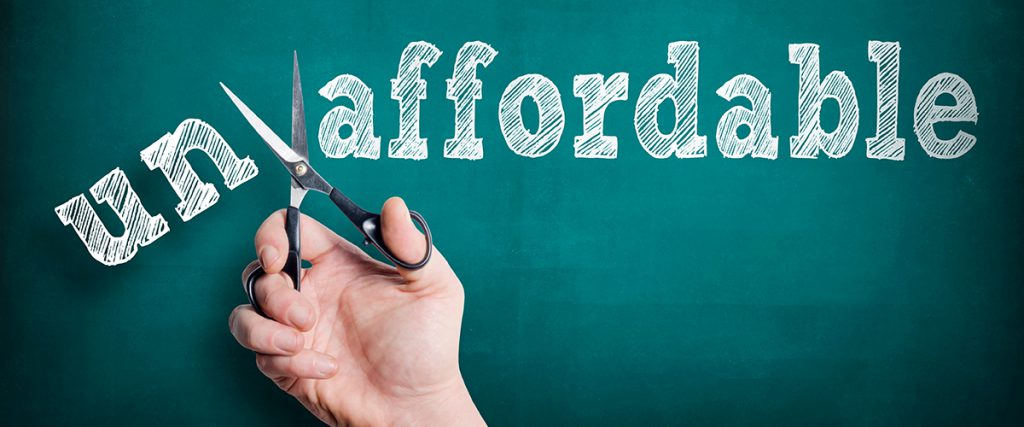
One of the hardest parts of managing your debt is knowing your own limits. Avoid the common mistake of using your card to buy something you really can’t afford.
If you can’t afford to buy an item with your current amount of cash in your bank account, it’s likely you also can’t afford to charge it. It really comes down to embracing the concept of staying in your financial lane.
Avoid Balance Transfers You Don’t Need
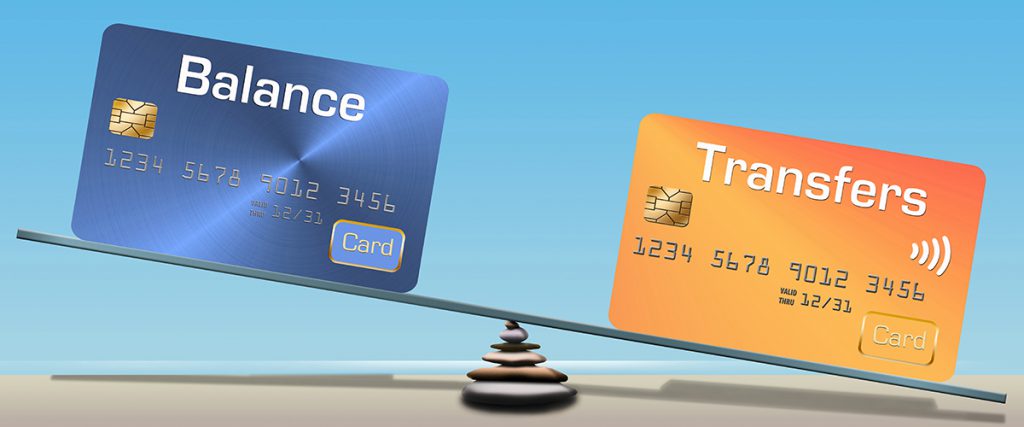
Don’t try and move your balances around and transfer a balance from the card with the highest balance to the card you own with the lowest balance. Remember balance transfers come with fees.
So, if you do make a balance transfer, make sure it’s for a good reason, such as taking your card with the highest interest rate and transferring that balance to a card with a much lower interest rate.
Avoid Cash Advances
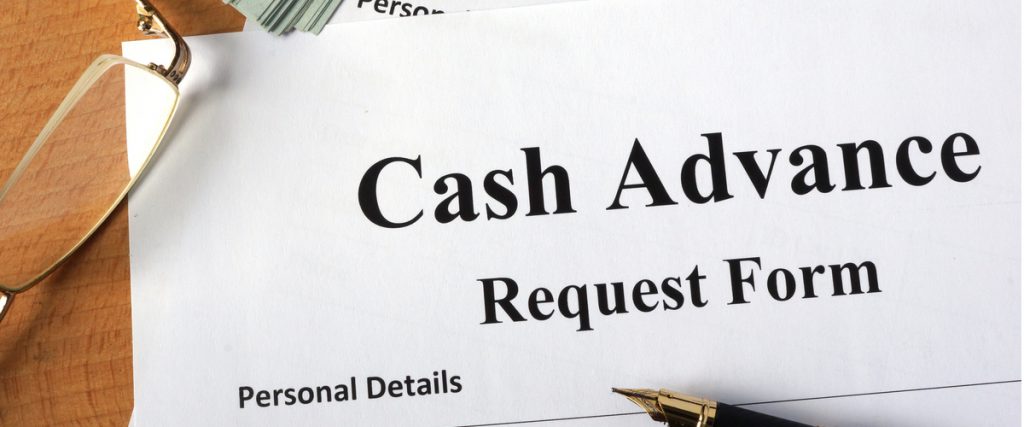
Many people turn to cash advances as a quick and easy way to obtain debt relief. But if you have to use your credit to get cash fast, you are showing the first signs of financial trouble.
A cash advance is one of the early stages of credit card debt and a red flag. Just ask any good debt avoidance student loans like the ones cash advances provide are trouble.
Instead you could seek credit counseling advice that will guide you on ways to manage your budget and create an emergency fund.
Limit Your Number of Cards

A basic piece of advice is to cut down on the number of credit cards you have in your wallet.
Having more cards increases the amount you can charge. But it also increases the amount of debt you can find yourself in. Instead consider the option to pay off the card you have the lowest balance on, and run with a more manageable amount of credit. This will also have the side benefit of limiting the amount of credit card fraud you are exposed to.
Conclusion

Overall, it’s important to take responsibility for your finances. That goes double for managing your credit cards and your debt.
It’s easy to get in over your head. But remember that many credit card servicers will work with you if you are in financial trouble. You can contact your credit card servicer and talk it out.
Customers who take the initiative with the goal of managing debt will find many options available to them. Some credit card servicers, like Continental Finance Company, even offer a credit protection service that can help when certain emergencies happen, like unemployment.

People Also Read
Free Rent Reporting Can Boost Your Credit Score
Capital One Data Breach: What You Need to Know
Benefits of paying More Than the Minimum Credit Card Payment
Continental Finance is one of America’s leading marketers and servicers of credit cards for people with less-than-perfect credit. Learn more by visiting ContinentalFinance.net

